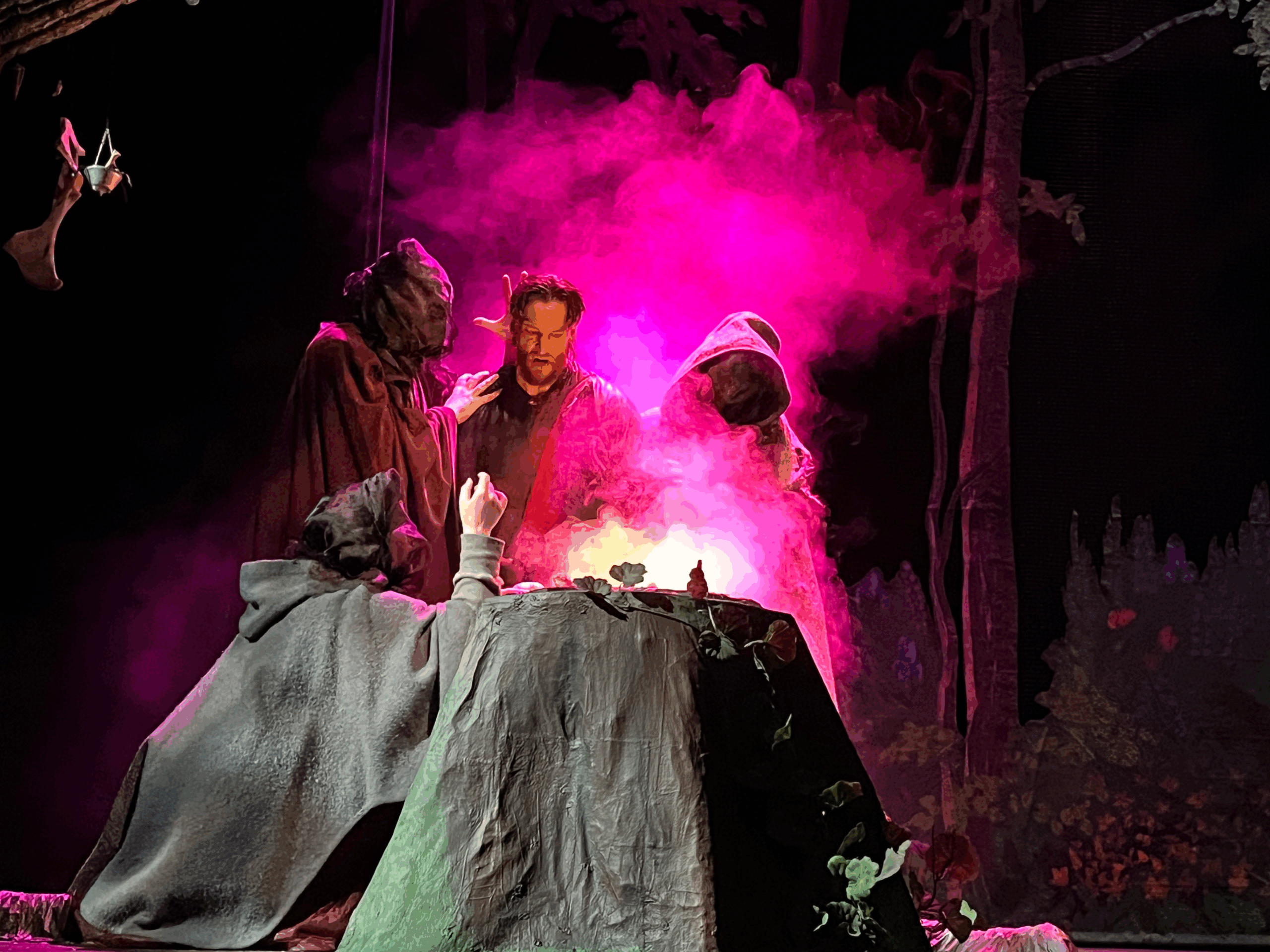Despite the heteronormative image of fraternities and sororities, there is a thriving queer scene within Greek life
By Emma J Nelson

“He seems like the gods’ equal, that man, who / ever he is, who takes his seat so close / across from you, and listens raptly to / your lilting voice,” writes Sappho, an ancient Greek lyrical poet who has long been associated with the queer community. The poem is often interpreted as Sappho expressing jealousy over man’s ability to openly romance women.
Ancient Greece was a sexually accepting civilization, particularly when it came to men in same-sex relationships. In fact, one of the country’s most famous military forces, the Sacred Band of Thebes, was made up entirely of queer men. The term “lesbian” originated from the Greek island Lesbos, and “sapphic,” of course, refers to Sappho.
It should be no surprise then that queer college students are drawn to the University of Oregon’s Greek life.
Without an LGBTQ-centric fraternity or sorority on campus, queer students have found “community within the community” in Greek life, says Ava Weinreb.
Weinreb graduated in June, and she spent all four years at the university as a member of Kappa Alpha Theta, which she and some of her friends lovingly refer to as “Gayta.” In fall of 2020, everyone rushed fraternity and sorority chapters virtually due to the Covid-19 pandemic, including Weinreb, who spent long days conversing with different chapters via Zoom.
At the time, Weinreb identified as bisexual, she says, and her sexuality would come up organically in conversations.
“Someone would be talking about something they did with their significant other, and I’d be like, ‘I did this with my girlfriend,’” Weinreb says. “I felt like bringing it up in casual conversation felt just as casual to them as it did to me.”
Weinreb says that she spoke with a woman from another chapter during recruitment, and that she was told that she could meet other queer women in nearly every UO sorority.
“I definitely know several women in several different chapters who identify as queer, so it’s been nice to see that consistently throughout all of the chapters,” Weinreb says. “But I would definitely say in Theta, it’s a pretty big topic.”
Weinreb’s friends in Theta further supported her as she discovered more about her sexuality, later coming out as lesbian. The way her sisters treated her, she says, never changed.
“The women in my sorority are the people who I turned to,” Weinreb says. “I never felt singled out or zeroed out. It felt more like a community within the community.”
Weinreb met her current girlfriend in Theta, she says. The two met virtually during recruitment but didn’t meet in person until move-in day, when they discovered they were only one room apart.
“We became the bestest of friends for two years, and then just in this past year we’ve started dating,” she says. “We have our own little group of other Gayta Thetas.”
Although Weinreb can’t speak on the queer scene in fraternities at the UO, Jackson Weinberg has personal experience.
Weinberg is the current president of Delta Tau Delta, but he never expected to pledge to a fraternity back in fall of 2022, he says. Although he didn’t explicitly discuss his sexuality during recruitment, he says, the houses he rushed were “very open, very welcoming to everyone.”
“I think the way I dressed at the time and talked definitely didn’t hide the fact that I was gay,” he says.
Weinberg stresses that there are various levels of acceptance at different fraternities, but the majority of his own experiences in Greek life have been welcoming, if not confused.
“I’ll get asked questions and I’m like, ‘If I didn’t know you as well as I do, I would definitely take that the wrong way and assume you’re trying to make fun of me for something,’” he says. “I think they are honestly trying to learn, and I feel like being there for them and teaching them a little bit has gone a long way.”
Neither Weinreb nor Weinberg claims to speak on behalf of every queer member of Greek life or their individual experiences, but they do encourage LGBTQ+ students not to be dissuaded by the heteronormative image often associated with fraternities and sororities.
“College is about trying new things,” Weinberg says, “and if Greek life turns out to not be something that’s your style, there’s dozens, if not hundreds, of other things to do on this campus. You’ll never know if you don’t try.”
Initially posted in Eugene Weekly



